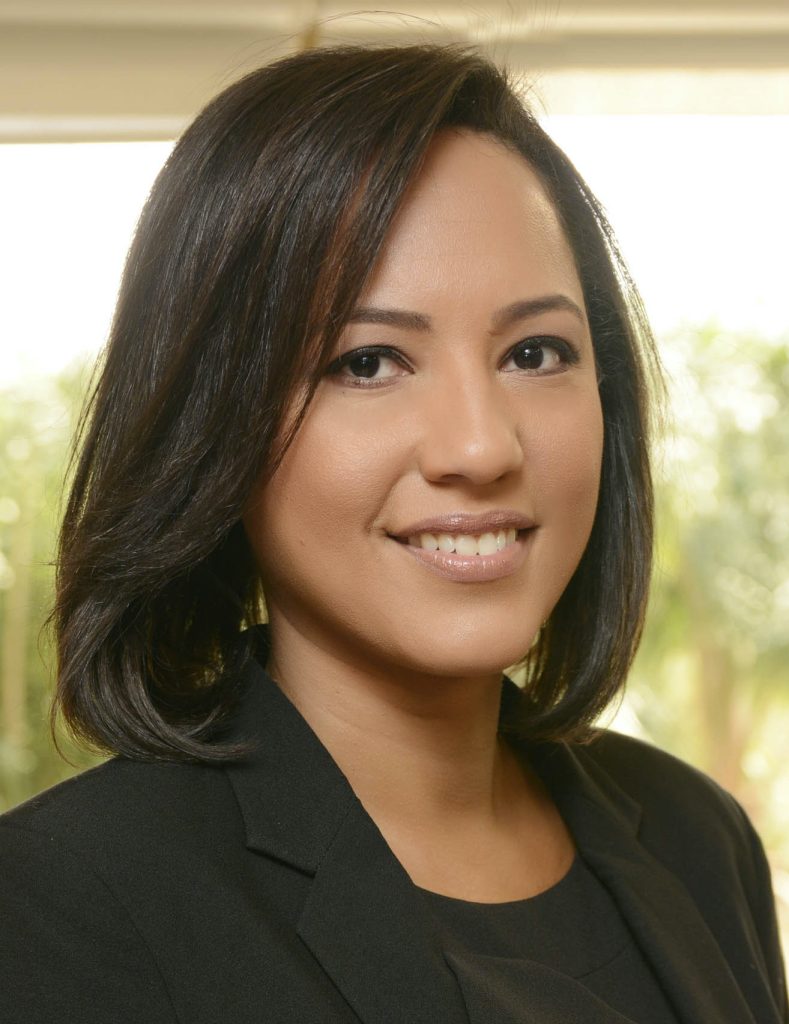Conscientious Objection to Military Service in Brazil

Paola Goulart de Souza Spikes is a federal judge at the Rio de Janeiro Federal Court. She holds a Master of Laws from Universidade Federal Fluminense (2024) and is a PhD Candidate at Pontifícia Universidade Católica do Rio de Janeiro.
Conscientious Objection in Brazil’s Federal Constitution
The 1988 Brazilian Constitution allows for conscientious objection to military service based on religious belief or philosophical or political conviction unless the objector refuses to perform an alternative service established by law (Article 5, VIII).


